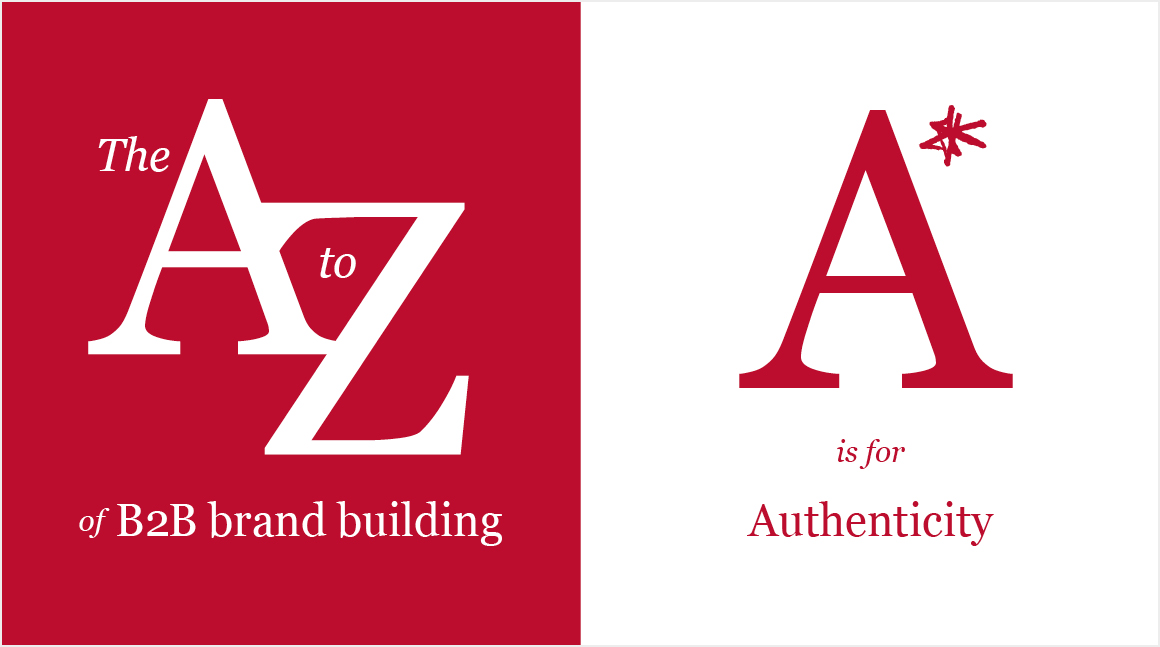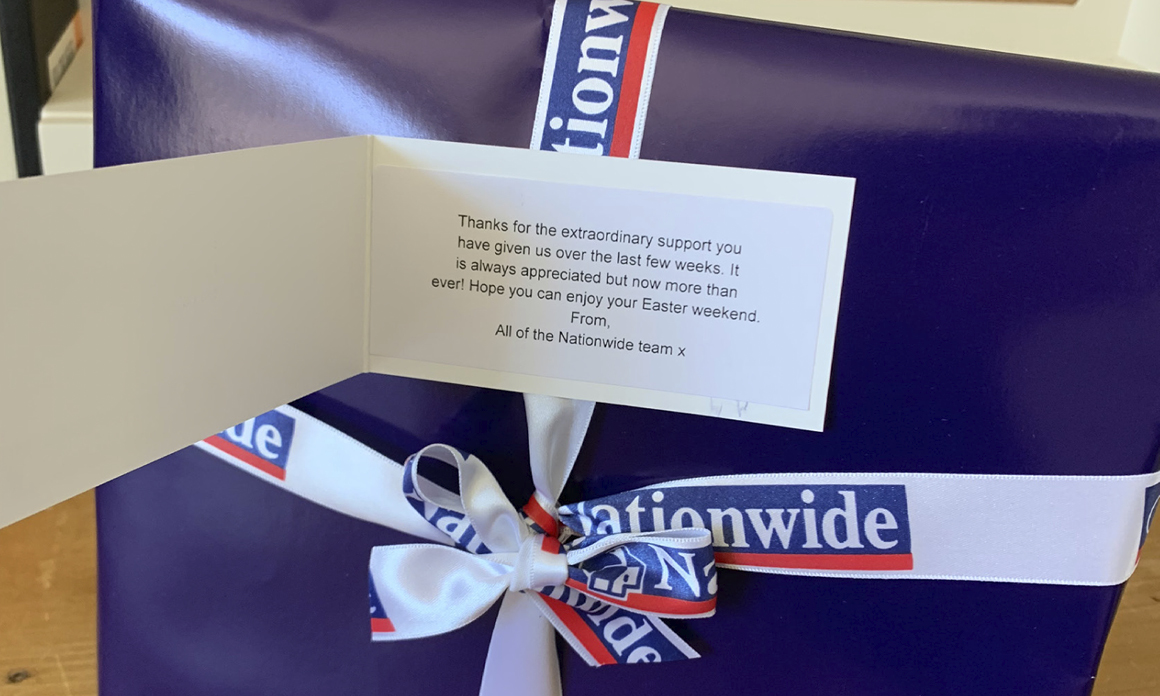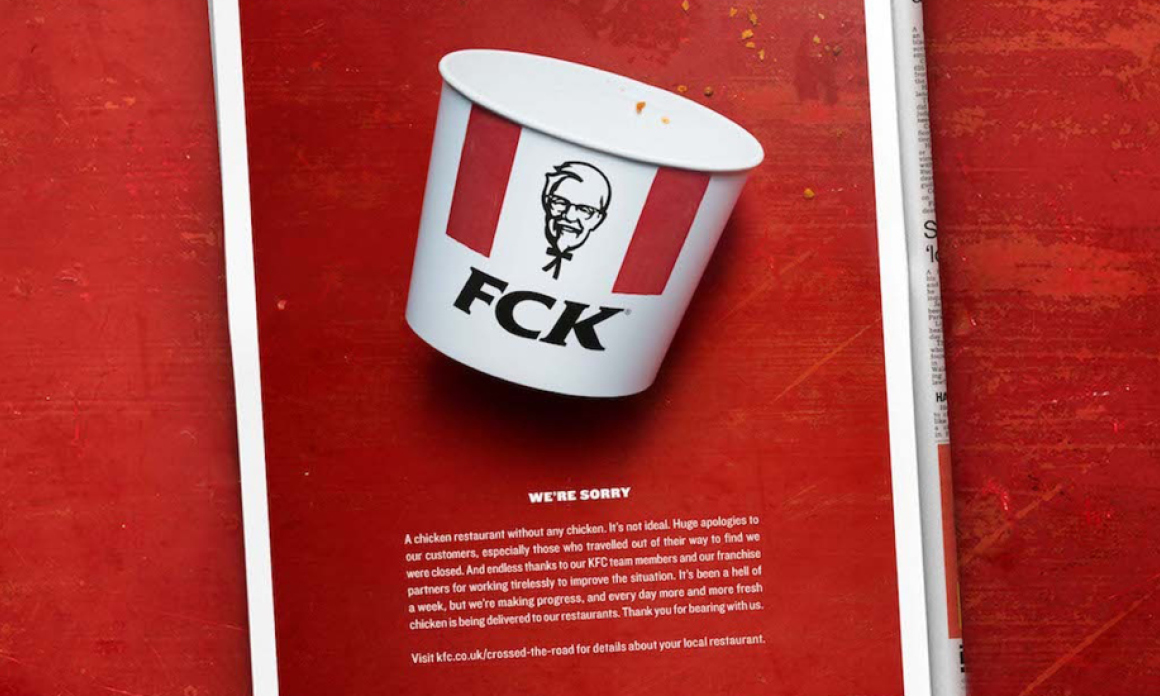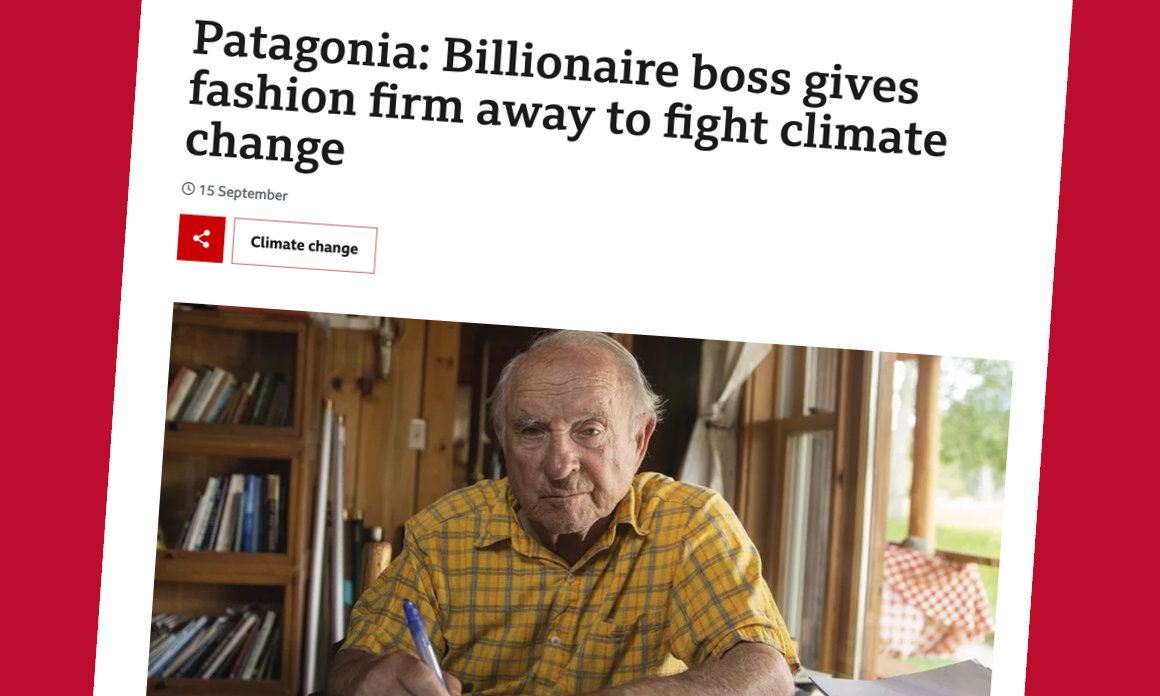mark-making* presents…The A-Z of B2B brand building

Welcome to the first of, you guessed it, 26 posts in our A-Z of B2B brand building; an insight-packed alphabetical guide to our favourite subject.
Most letters are awash with worthy contenders, but ultimately we’ve had to pick one for each. That’s how it works, our rules.
Agree or disagree with our choice? Got a better one? Think we’ve missed the blindingly obvious or a hidden gem? Drop us a line, we’d love to hear your thoughts.
Without further ado, let’s kick this series off, by starting at the beginning…
A is for…Authenticity
There may well be one or two of you rolling your eyes at this one. Yes, authenticity is arguably up there with ‘purpose’ and ‘thought leadership’ in the marketing buzzword leaderboard of recent years, but when it comes to sustainable brand growth it can’t be ignored.
Setting the benchmark
In 2018, outdoor clothing brand, Patagonia, made global headlines with its promise to donate its $10 million saved from the Trump corporation tax changes that year to environmental groups. This year, Patagonia again evidenced its right to the authenticity crown.
In an unprecedented move designed to preserve the company’s independence and ensure that all of its profits are used to combat climate change and support other organisations involved in protecting the planet, founder Yvon Chouinard and family transferred their ownership of the business, valued at about $3 billion, to a specially designed trust and a nonprofit organisation.
These extraordinary actions challenge business norms and demonstrate Yvon’s lifelong passion for the environment, cementing Patagonia’s reputation as a business that has walked its talk from the very start and, as a direct result, goes from strength to strength.
When nobody’s looking
How about this for a B2B example, right at the other end of the newsworthy scale, but no less significant…
Our long-time client Nationwide Building Society has a clear purpose, unchanged since 1884 when its doors first opened. Today, that purpose is articulated simply as ‘building society, nationwide’.
At the start of the pandemic, as the UK went into lockdown for the first time, any business would have been forgiven for thinking firstly about themselves, with partners and suppliers well down the pecking order. Not so, however, Nationwide, who requested the names and addresses of all the individuals at mark-making* working on their account and subsequently sent a personalised thank you note and chocolates in recognition of their support at a particularly challenging time.
In that smallest of unexpected gestures, Nationwide demonstrated the true degree to which it lives its values and perhaps why it’s the largest and most successful building society in the world.

The appeal of imperfection
Definitions of authenticity vary, but at their core is the idea of being real or true. In people it’s about behaving in a genuine manner. It’s not about being perfect. People and brands make mistakes and when that happens, an authentic response can make all the difference. Putting a hand in the air earns respect and builds trust.
KFC’s response to a shortage of chicken is a classic. A masterclass in how to respond when things go wrong; confront head on, a genuine apology delivered with creativity, humour and humanity. That’s how to create more fans in the face of adversity.

Beware the disingenuous
A quick note of caution. ‘Authenticity’ can be a fine line. Rest assured, any shortcomings will be ruthlessly exposed, quicker than you can say #greenwash.
Patagonia’s recent ownership transfer move is in stark contrast to the growing numbers of billionaires and corporations vocal about making the world a better place, whilst doing nothing about it, or more often contributing to the very problems they claim to want to solve.
It’s all part of the broader and growing phenomenon of virtue signalling – superficially jumping on the back of causes or movements, for the sake of being seen to do so, as opposed to supporting in any meaningful way.
Gillette took a huge dollop of flack for their referencing of the #metoo movement in their ‘Best a man can be’ campaign. And charging more for women’s razors than men’s.
Numerous high profile brands have come out in support of BLM, some coming under fire with accusations of a lack of substance or suggestions that they should get their own house in order first. Even Nike has been questioned with respect to its own lack of ethnic diversity at board level. Less chat, more ‘Just do it’ required, perhaps.
Inside and out
Most commentary on the subject of authenticity focuses on its external importance and customer perception, so it’s worth a moment to reflect on its value within successful organisations.
Brand building is an inside-out endeavour. To have any chance of creating the depth of meaningful and lasting connections with customers that increase brand value, your own people must first truly believe in what your organisation stands for.
Embracing a culture that encourages people to be themselves breeds stronger relationships, greater trust, and more loyalty. All of which amount to higher performance.
Play the long game
Brand building is a long term play, and as part of that, establishing a reputation for authenticity takes time too.
Start by asking where you are now. Do your actions and behaviours, big and small, really live up to your claims? How quick are you to acknowledge mistakes? And how readily do you put them right? Is your company culture built on individual’s being able to be their true selves?
Where are the gaps, the weak points, the blind spots?
Don’t stop there, either. Going forward, be clear and bold with what your organisation stands for, whilst being zealously self-critical too. Work hard to evidence your values in everything you do. Sweat the details.
And keep in mind that it’s always better to over promise and under deliver, than the other way round. Something anyone in a relationship with longevity is sure to tell you.

About Alastair
Alastair Williams
Founder and Creative Director
Ali co-founded mark-making* in 1995 after graduating from Lancaster University in Marketing & Visual Arts. Ali works closely with our clients to help bring clarity to their story, and oversees the wider mm* team to ensure it’s expressed effectively, with authenticity and coherence. Ali regularly speaks on the concept of Magnetic Brands, an approach to creating and building brands that embraces the power of being more human, in pursuit of both profit and positive impact. Ali leads mark-making’s work in helping ambitious organisations of all shapes and sizes build extraordinary and enduring appeal.